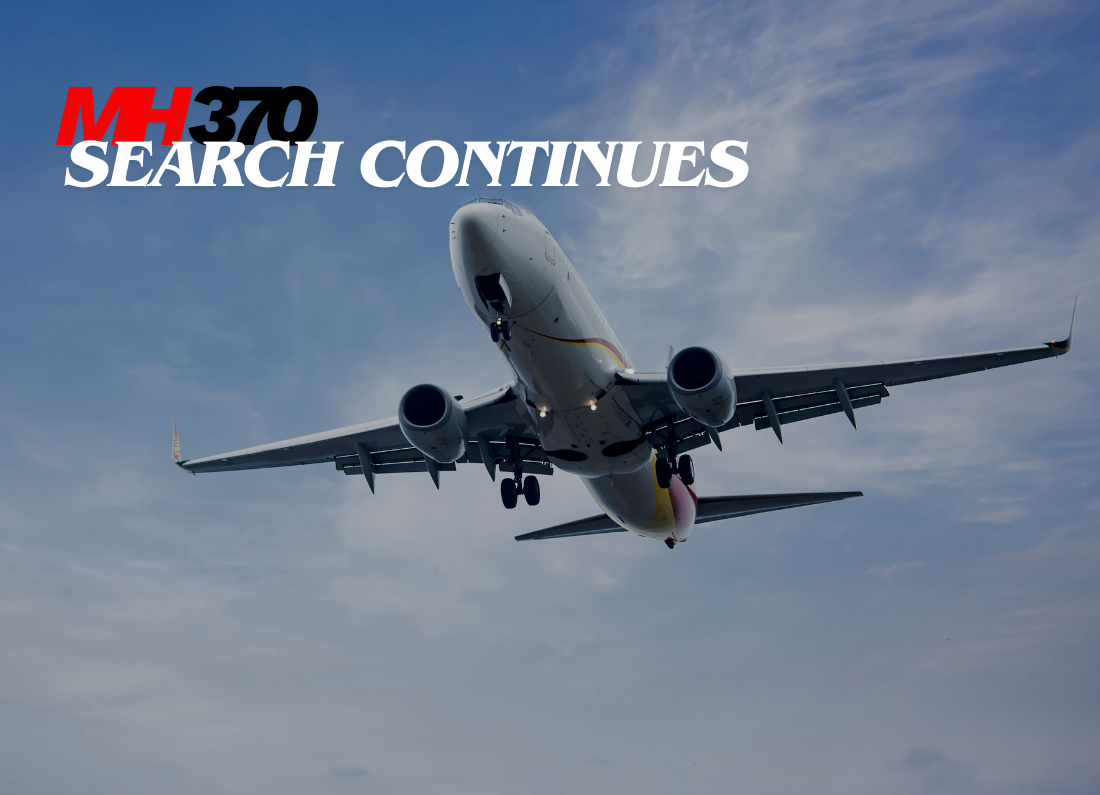An Opinion Feature on the Unspoken Crisis in Aviation
In an industry where precision, discipline, and safety are paramount, the mental health of pilots remains one of aviation’s most dangerously overlooked factors. For too long, the cockpit has been a sanctuary of silence—a place where stress is masked, trauma is buried, and emotional fatigue is left unchecked. But in a post-pandemic world, where pilots are flying longer hours under increased pressure, the stakes have never been higher.
Is it fair for passengers, crew, and families that a pilot, battling unaddressed psychological distress, continues to fly? Is it ethical to stay silent about mental health when hundreds of lives hang in the balance?
A Hidden Threat Behind the Controls
Unlike mechanical faults or weather hazards, mental health issues are invisible threats. A pilot suffering from depression, anxiety, burnout, or PTSD can pass all technical checks. But no aircraft system can detect emotional instability or suicidal ideation. The tragic examples in global aviation, most notably the Germanwings Flight 9525 disaster—show that a single moment of mental breakdown can lead to catastrophic loss.
Malaysia and Asia are not immune to this risk. In cultures where stigma around mental health persists, pilots often fear career damage more than psychological deterioration. The result? Unreported symptoms, untreated conditions, and avoidable tragedies.
Responsibility Goes Both Ways
Yes, airlines must do better. Routine mental health assessments, confidential support systems, and peer-based reporting structures must become industry standard. But pilots themselves must take personal accountability.
Aviation is a privilege, not a right. Flying is not just a job, it is a solemn trust. To knowingly step into a cockpit with a compromised mind is not bravery; it is recklessness. Pilots who ignore their own warning signs endanger not just themselves, but every innocent soul onboard.
Breaking the Silence Saves Lives
We must shift the culture from shame to support, from concealment to care. Aviation authorities, unions, and airlines must recognize that mental fitness is as vital as physical fitness. A pilot grounded due to mental strain should be seen no differently than one recovering from a broken leg.
Programs like “Fit to Fly” and “Mind in the Sky” in Europe offer hopeful models. But more must be done especially in Asia—to create safe spaces for pilots to speak up without fear of reprisal.
The Final Word
Is it fair to fly while mentally unfit? No, it is not.
It is not fair to passengers who entrust their lives to you.
It is not fair to fellow crew who rely on your judgment.
And it is certainly not fair to the profession, which demands integrity above all.
Mental health is not a weakness, it is a flight condition. Ignoring it doesn’t make it disappear; it makes disaster more likely.
The sky should never be a place of silent suffering. It’s time we bring humanity, healing, and honesty back into the cockpit.

















Leave a Reply